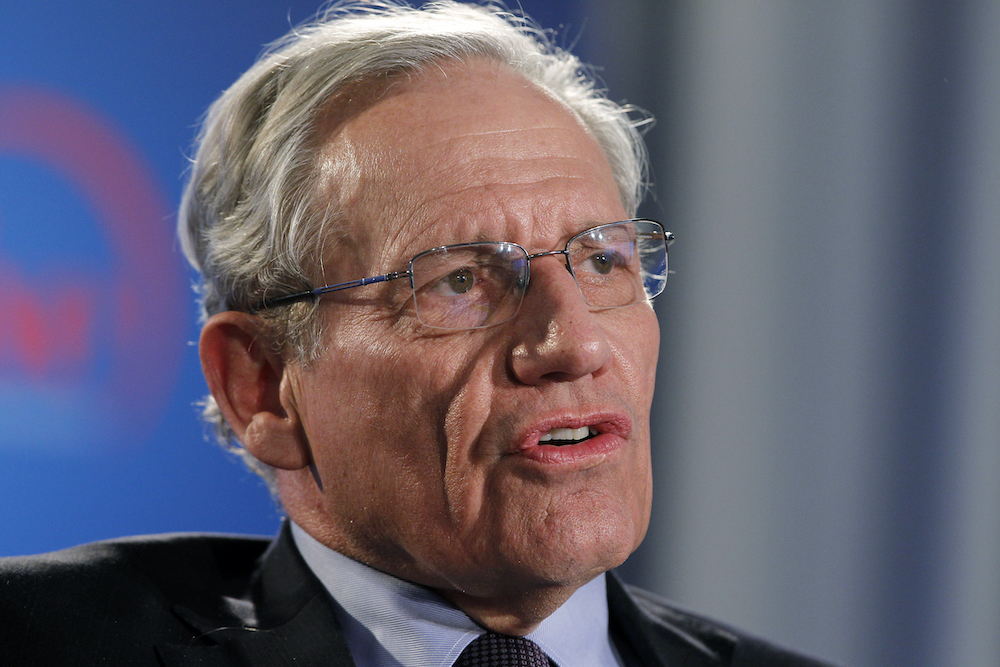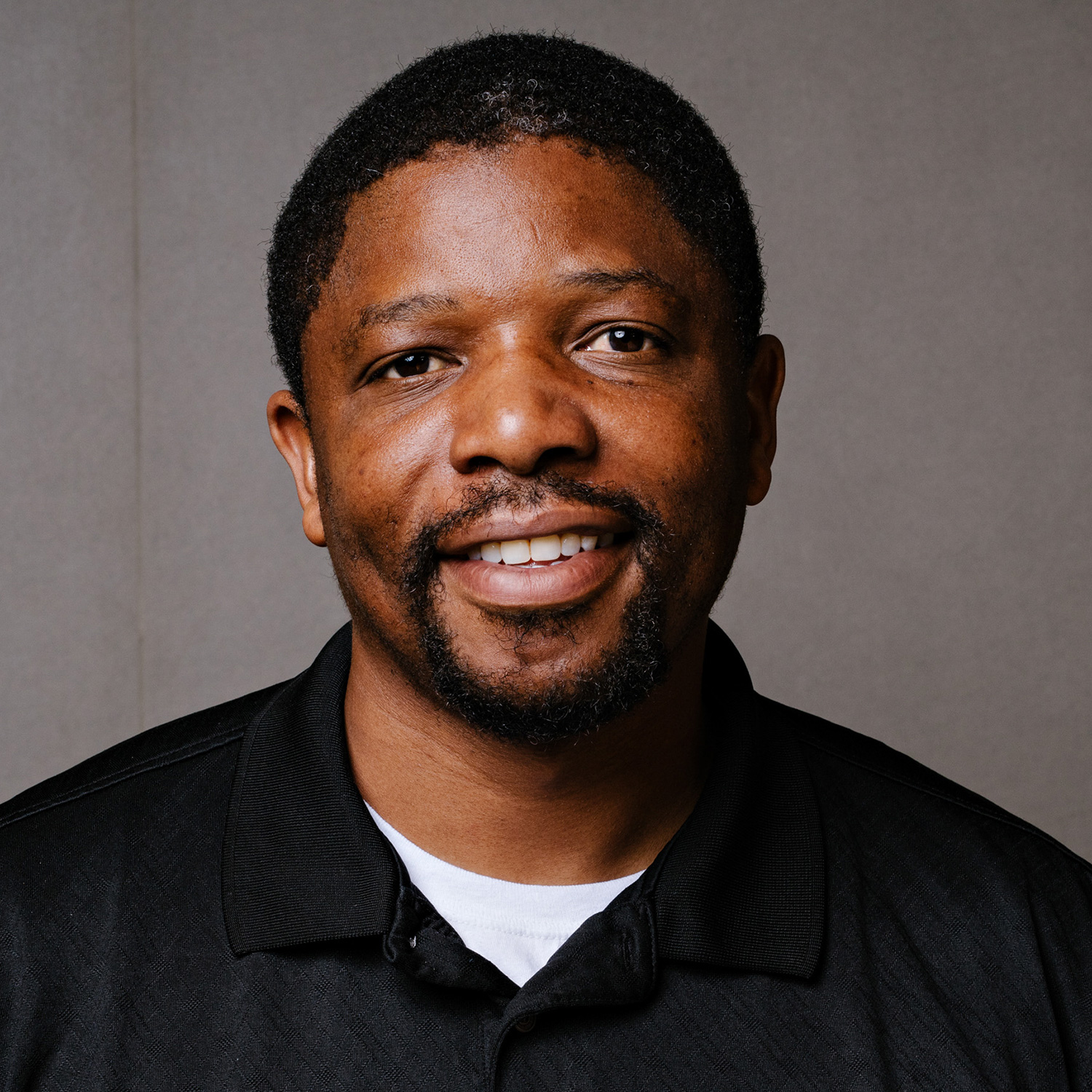
Bob Woodward speaks at event commemorating the 40th anniversary of Watergate in Washington, DC in 2012. Woodward's latest book, "Rage," is based on 15+ interviews with President Donald Trump
Bob Woodward made the wrong choice. He should have alerted the public that Donald Trump, the president of the United States, was lying about the coronavirus. He was in a position to give the American public information we desperately needed to potentially see our way clear during this crisis.
Instead, he sat on the information for more than seven months as this country divided itself in ways that surely cost American lives.
Washington Post media critic Eric Wemple disagrees. He sees nothing unethical or untoward in Woodward’s decision to not tell the public that Trump firmly understood the threat we faced but purposefully downplayed it anyway. In a string of tweets responding to those criticizing Woodward, Wemple said journalists like Woodward are able to get supreme access to high-profile officials (Woodward interviewed Trump more than 15 times) because there is an implicit understanding with his sources “that he’ll interview them, interview them again and again and again until he can stitch together something authoritative, in book form.”
There was no real choice between Woodward publishing earlier this year or September, but rather publishing this month or not at all, Wemple argued. Democracy is healthier because there are journalists who do the day-to-day reporting for the public and those like Woodward “who function at a completely different pace.” Besides, had Woodward released this information months ago, “Kayleigh McEnany would have come to the lectern … to deny that Trump downplayed coronavirus and asserted that it all was an example of superior presidential leadership,” kind of like she did this week.
I agree with Wemple’s assessment. We need to have the likes of Woodward and the likes of The New York Times’s Maggie Haberman, journalists expected to break daily news. I understand why journalists who are also book authors want the most newsworthy nuggets of their reporting to be revealed in their books. (I have a book scheduled for release in October.) It provides an opportunity to gather all the pieces and weave them together in a fully contextualized story that isn’t possible on deadline. That’s essentially what Woodward told Washington Post columnist Margaret Sullivan.
But Wemple and Woodward are making the mistake too many others in our industry have made and continue to make — treating this time as though it isn’t different, as though Donald Trump is just the 45th president, when clearly he is unique in ways disturbing and unnerving. Woodward isn’t being criticized because he held onto a scoop, but because of the nature of the scoop. It was a matter of literal life or death.
There’s always tension about what a journalist should save for a book or publish in his news outlet as soon as it’s verified. That’s unlikely to change, because it’s hard to know where to draw the line. But what Woodward knew was different, more urgent. He had irrefutable proof — in the form of recorded interviews — that Trump knew the seriousness of the novel coronavirus even as Trump was publicly saying it would just disappear, not much worse than the flu, and was bizarrely talking about putting disinfectant inside the body as a potential treatment. It wasn’t secondhand information. It didn’t need the kind of vetting that could take weeks or months to confirm. It was not speculation.
Woodward heard Trump say these words: “It’s also more deadly than your — you know, your even your strenuous flus … This is more deadly. This is … five percent versus one percent and less than one percent. You know? So, this is deadly stuff.”
It’s true things weren’t as clear in February about what we face as they are now. Woodward’s decision to not release audio of those interviews then makes sense, given that context. But he saw the economy and schools and the NBA shut down in mid-March and still said nothing. Woodward watched in silence as close to 3,000 Americans died on a single day from Covid-19 even as Trump kept convincing his supporters it was better to “liberate” states trying to corral that disease instead of committing to mitigate efforts designed to protect us all. Trump kept holding rallies with thousands of people in close proximity to each, and Woodward remained silent.
Woodward knew what the rest of us knew, that Trump’s refusal to take the threat seriously was among the primary reasons a high percentage of his supporters remained skeptical of mask-wearing and repeatedly put themselves — and others — in harm’s way. Woodward failed the public. He failed journalism. He failed us during one of the most important periods this country has faced in generations. He robbed us of an opportunity of having a unified response. As much as he is rightly lauded for his Watergate work, he should be excoriated for withholding potentially life-saving information this year.
When Woodward’s book “Rage” is released next week, the official Covid-19 death tally may have reached 200,000 Americans. There’s no way of knowing how many of those lives would have been saved had we a better response, though some researchers have suggested that number could be in the tens of thousands. And there’s certainly no guarantee that information as explosive as what Woodward had would have been able to overcome the hyper-partisanship and conspiracy theories that continue dividing us. But we didn’t need a guarantee; we just needed a chance. Woodward could have provided it. It’s disturbing that he refused to.

